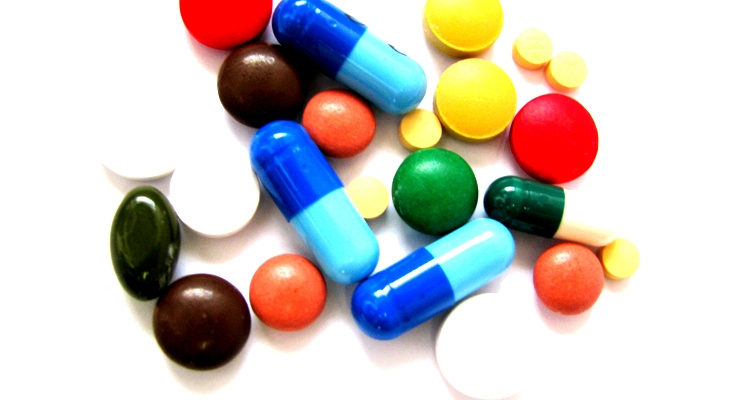The 9th February 2019 marked the launch of the European Medicines Verification System (EMVS) which will use cutting-edge technology to safeguard the medicine supply chain against fake products.
Each European country has to implement a National Medicines Verification System – EMVS
The new system — which is being dubbed the most high-tech medicines safety system in the world — comes under the Falsified Medicines Directive (FMD) and is led by a diverse group of pharma stakeholders including manufacturers, wholesalers, community pharmacists, hospitals and hospital pharmacies.
Surveys suggest that the prevalence of counterfeit medicines in the European legal supply chain is approximately 0.005%.
These fake medicines, designed to mimic real ones can be fatal for patients as they may contain bad/toxic ingredients and or substances in the wrong dosage.
Thanks to new technologies, the new system will be able to closely monitor medicines throughout the supply-chain right up to the moment they reach the patient.
“Manufacturers will be required to print a Data Matrix code, which incorporates a unique identifier (UI) and apply an anti-tampering device on the outer packaging of all medicines for each individual sales package,” the EMVS said on their website.
Stakeholders throughout the supply chain will then be able to scan the data matrix on packaging to verify the authenticity of the product as it travels through the supply chain.
The system, however, is not yet able to control products that have not been verified through the system, i.e. medicines bought online.
But, what about the UK?
With Brexit looming ever nearer (29th March 2019) it has been reported that the UK could be cut off from this new security system if it fails to reach a withdrawal agreement with the EU, (resulting in a No-Deal Brexit) despite having poured millions into the project.
The Association of the British Pharmaceutical Industry (ABPI) chief, Mike Thompson said on the subject: “Not being part of the safest medicines system in the world, one that the UK has helped design and build, and which provides protection against fake medicines, makes no sense. Being part of a system that keeps them safe is the minimum that UK patients should expect.”


